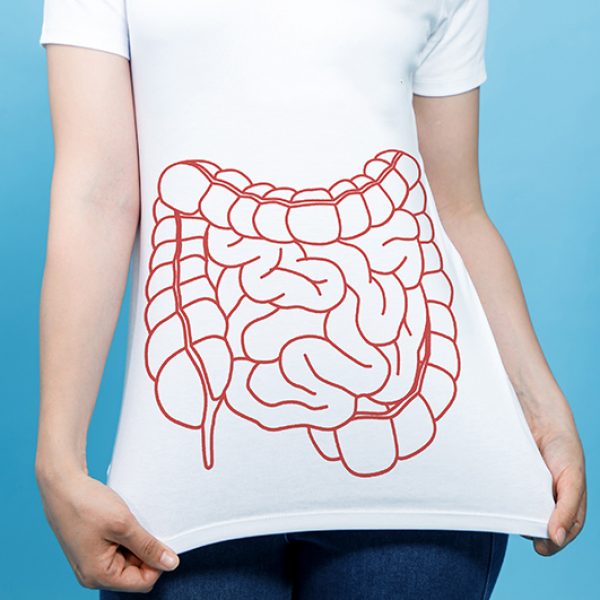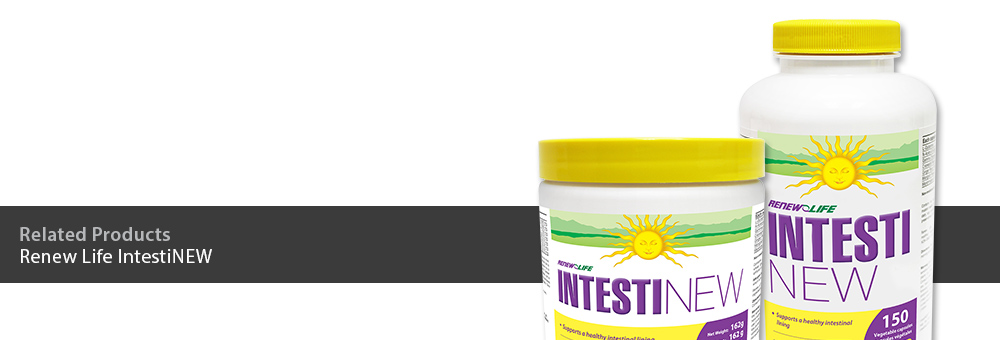

Understanding Leaky Gut
You don’t pay much attention to your digestive system when it’s running smoothly. But once indigestion, bloating, gas, constipation, and diarrhea become part of your daily life, not only is it embarrassing, but it can lead to long term conditions such as Irritable Bowel Syndrome, Crohn’s Disease, Colitis, Candida, Leaky Gut Syndrome and more.
Let’s focus more on Leaky Gut, what it is, how does it occur and how you can heal it naturally.
As we eat, food passes through the stomach and goes into the small intestine. The small intestine is where nutrient absorption takes place through the one-cell-thick, semi-permeable mucus layer that lines the intestinal tract. It acts as a screen by keeping unwanted particles out of the bloodstream such as toxins, pathogens, and undigested food while letting in water and nutrients.
When the protective lining of the intestines becomes damaged and can no longer keep out the unwanted particles, problems begin. Like a hole in your screen door that lets in flies and mosquitos, suddenly your bloodstream is open to toxins, pathogens, and undigested food—all considered foreign to the body. The immune system responds by launching a defensive attack which produces inflammation.
Many things can contribute to leaky gut:
- Food sensitivities – this is the worst contributing factor. The protein from foods commonly eaten causes irritation to the intestinal lining and wears it down.
- Non-steroidal anti-inflammatory drugs such as aspirin, ibuprofen, and naproxen –irritate the intestinal lining.
- Antibiotics and other medications – destroy the good protective bacteria and set up intestinal inflammation.
- Sugar – contributes to the nourishment of bad bacteria, yeast overgrowth, and parasites.
- Parasites and yeast overgrowth (candida) – adhere to the intestinal tract and poke holes in the intestinal lining.
- Poor diet – feeds bad bacteria and causes inflammation directly. Eating foods that are acidic or nutrient deficient take more enzymes and HCl to break down and cause more stress in the digestive tract.
- Constipation can cause a build-up of toxins along the intestinal tract.
- Environmental toxins whether you eat, drink or breath it, it can cause inflammation of the intestinal lining.
- Stress – causes lack of blood flow to the organs such as the stomach and bowel.
- Inflammatory Bowel Disease such as Crohn’s or Colitis
- Infections
- Age
What are some signs you could have leaky gut?
- Food sensitivities, intolerances, and allergies
- Chronic gas and bloating
- Candida, parasites, and viruses (which do a lot of damage to your intestinal tract)
- Skin issues such as rashes, acne, eczema, psoriasis and rosacea
- Asthma and seasonal allergies
- PMS and other hormonal imbalances
- Autoimmune diseases such as rheumatoid arthritis, lupus, psoriasis, celiac, Hashimoto’s, chronic fatigue, fibromyalgia and metabolic syndrome
- Brain fog, depression, anxiety and autoimmune brain problems. They could signal blood-brain barrier permeability or ‘leaky brain syndrome.’ Research is showing that leaky gut may be connected to the destruction of the protective blood-brain barrier.
There is no standard medical treatment since leaky gut syndrome is not an accepted medical diagnosis. A conventional medical doctor will focus on treating the conditions and symptoms that arise from leaky gut syndrome which can include drugs and/or surgery. Nutritionally oriented practitioners familiar with leaky gut take a different approach:
- Supplement with therapeutic doses of L-glutamine and N-Acetyl-D-Glucosamine to build and maintain the gut lining.
- Take the right ratio of essential fatty acids on a daily basis
- Reduce toxic exposure
- Thoroughly chew your food
- Avoid fluid intake with meals (small sips are ok)
- Combine foods properly (eat fruit alone, and don’t mix meat protein with starchy carbohydrates)
- Eliminate processed foods
- Eat moderate portions
- Ensure you are having 2-3 bowel movements a day
- Take beneficial bacteria (probiotics) twice daily
- Eat a balance of soluble and insoluble fibre on a daily basis to keep things moving through the digestive tract
- Take digestive enzymes
- Incorporate methods to reduce stress (yoga, deep breathing, meditation)
- Cleanse out parasites and candida if they are present and avoid foods that feed them
To heal leaky gut it is important to have the right ingredients. IntestiNEW is perfect for leaky gut, IBS, Crohn’s, Colitis, Celiac Disease or those that have done a candida or parasite protocol to heal the damage done by the organisms. It can also help soothe inflammation caused by ulcers, heartburn, and GERD.
IntestiNEW provides a therapeutic dose of L-Glutamine & N-Acetyl-Glucosamine to help repair damage and rebuild the digestive lining. And it also includes anti-inflammatory and soothing herbs.
Once you start to heal leaky gut, digestion and absorption improve which can lead to improvements in your overall health.

